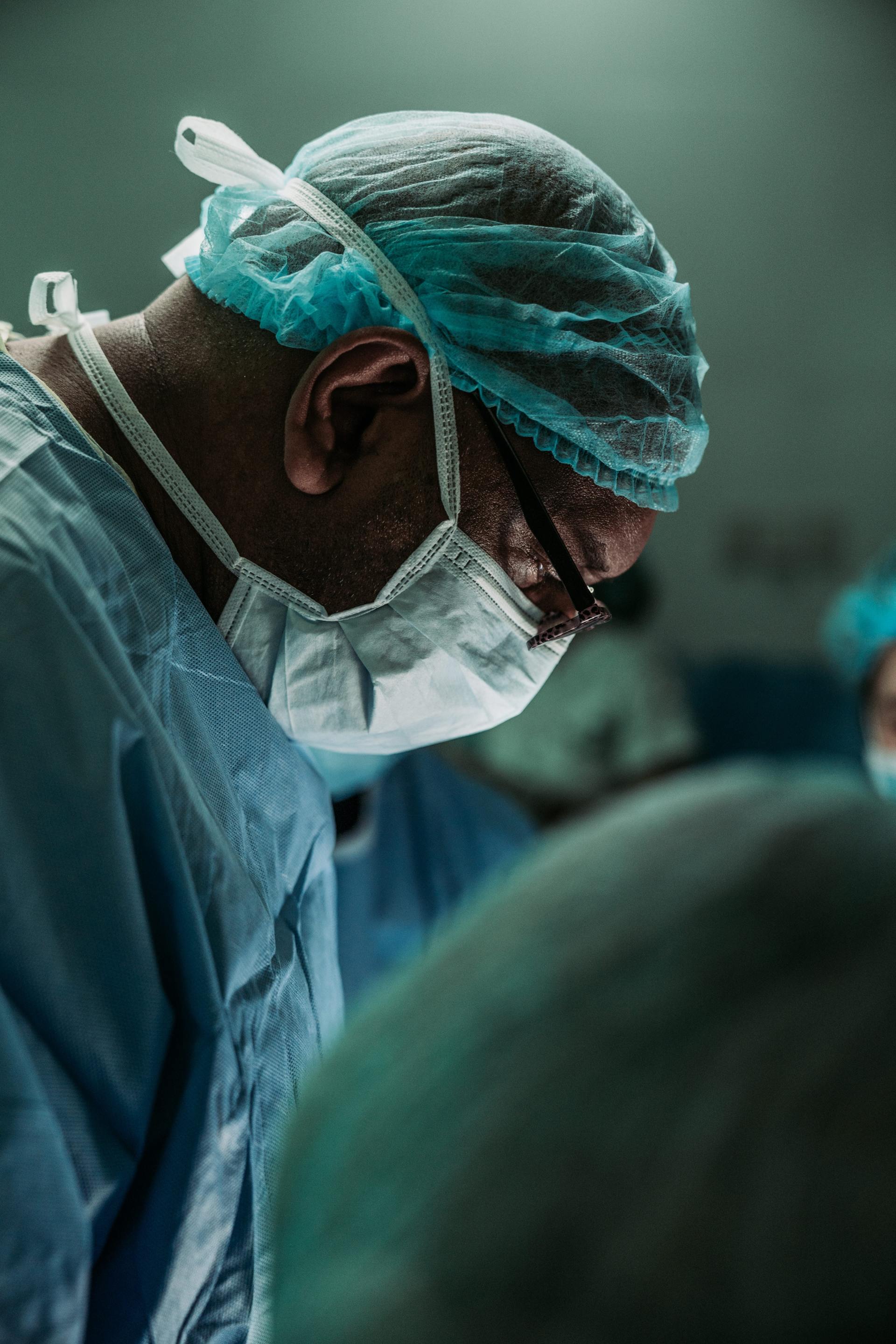
Colon Surgical Services
for Buffalo, Amherst, Tonawanda, Williamsville, NY & the Surrounding Areas
Your colon transports your stool to your rectum to be removed from your body. It does this by removing the liquid from your digested food to form stool to leave your body. While the colon plays an important role in our daily bodily functions, it is possible to live without your colon.
Part or all of your colon may sometimes need to be removed in cases of colon cancer, inflammatory bowel disease, or diverticulitis. While removing your colon may not seem ideal, if you suffer from any of these diseases, removing your colon may be the safest option for your health. Today, it is possible to live a normal life after removing your colon.
When it comes to diseases that affect your colon, turn to the surgeons at Amherst Surgical Associates, PC to determine the best solution for your health and needs. No matter the severity of the issue, our colon surgeons have all the proper experience to handle colectomy, polypectomy, and colostomy procedures.
Types of Colon Surgical Options:
Colectomy - Removes all or part of your colon. In more minor cases, a laparoscopic colectomy is performed and repairs are made to the colon outside of your body. The colon is then returned to the body afterward.
Polypectomy - Serves to remove a cancer polyp from the colon wall.
Colostomy - An opening in the abdomen is created and the top of the colon is attached to it. This opening is called a stoma, and your stool will be excreted through this opening. A pouching system is sometimes needed after this procedure.
Why Colon Surgery May Be Required
- Colon Cancer
- Crohn's Disease
- Diverticulitis
- Ulcerative Colitis
- Blocked Colon
- Bleeding from Colon
Surgery for Colon Cancer
For early-stage colon cancers, the common treatment is colon surgery. The type of surgery used depends on the stage (extent) of the cancer, where it is in the colon, and the goal of the surgery. During a polypectomy, the cancer is removed as part of the polyp, which is cut at its base (the part that looks like the stem of a mushroom). This is usually done by passing a wire loop through the colonoscope to cut the polyp off the wall of the colon with an electric current. When cancer or polyps are taken out using this colon surgery procedure, the doctor doesn't have to cut into the abdomen from the outside. Removing the tumor in one piece is the ultimatum.
Risks of Colon Surgery
Like any other surgery, colon surgery can come with risks and complications. While it can be nerve-wracking to consider all the different risks that can accompany a colon surgery that is supposed to fix an issue, being mindful of the risks that are possible, and how to avoid them is extremely important and responsible. Our doctors at Amherst Surgical Associates, PC, are passionate about not only providing the necessary care to their patients, but also educating them on the procedure itself, and how to recover properly. Below are some possible risks after surgery:
- Infection of surgical wound
- Injury to blood vessels, bladder or uterus
- Bleeding
- Leakage in the colon due to improper healing of rejoined sections
- Blood clots
Making sure that you take the recommended time to recover, as well as follow the recovery plan given to you by your provider can help to minimize the possibility of having complications post colon surgery. We will send you home with a detailed list and instruction guide that you and your family members can reference to help you along in the weeks post-op.
Colon Surgery Recovery
Contact Our General Surgeons for More Information on Our Colon Surgery Options
If you have any of the diseases or health-related issues mentioned above and want more information on colon surgery or have been referred, please
contact Amherst Surgical Associates, PC today. It is our goal to make sure your procedure is as stress-free and comfortable as possible! Our general surgeons proudly care for patients who need colon surgery in Buffalo, Williamsville, Tonawanda, Amherst, and the surrounding areas.
